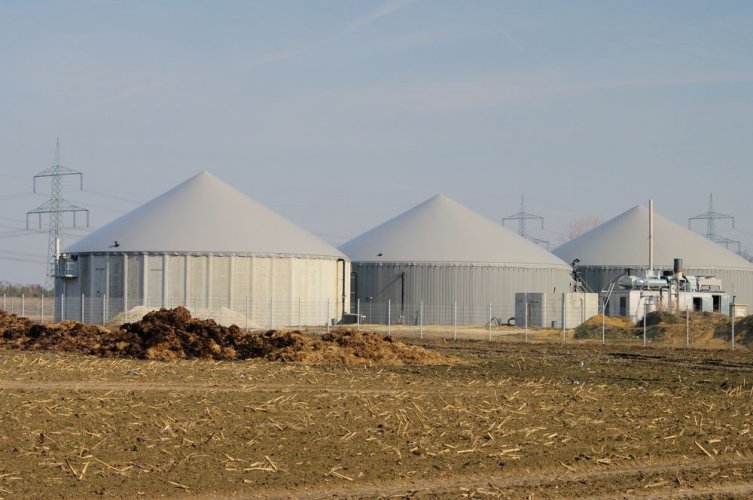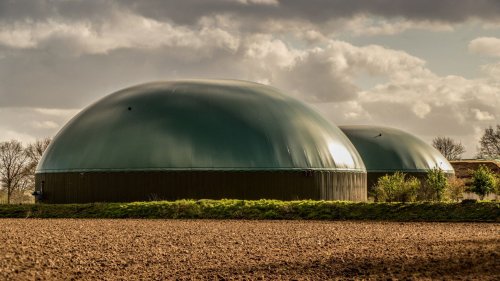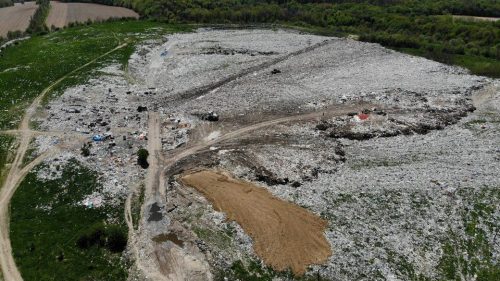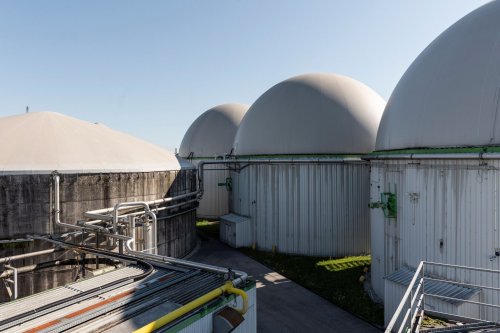In Ukraine Regional Gas Company (RGC) received 30 applications for connecting biomethane plants to gas distribution network.
Ihor Gotsyk, head of the decarbonization department of the gas distribution operator RGC, said that they will be able to produce up to 10 million cubic meters of biomethane per year, reports ICIS.
Currently in progress connection of the first biomethane plant in Chernihiv region, under conditions of reconstruction of the infrastructure destroyed by the war, which will be able to supply 3 million cubic meters of biomethane to the network by the end of the year.
Currently, the plant is waiting for special equipment for biomethane from European partners.
The article noted that the Ukrainian government is working on creating a special register of certificates of origin that will allow manufacturers to gain recognition within the country and abroad. In particular, National Commission for state regulation in the spheres of energy and utilities amended the rules to raise the oxygen level allowed in the pipeline from 0.02% to 1%, which, in turn, will encourage more producers to inject biomethane into the network.
Gotsyk emphasized that due to the rapid increase in the price of natural gas, more and more companies are interested in converting biogas plants, which are currently used to produce electricity, to biomethane, the molecule of which is identical to natural gas.
Ukraine plans to generate 3 bcm/year by 2040 and 8 bcm/year by 2050, which would be 25% of Ukraine's annual consumption before a full-scale Russian invasion in February. After all, the country is one of the world's largest producers of agricultural products.
Gas consumption has so far fallen by around 40% as industrial customers and thousands of households have been disconnected from the grid.
Prior to the invasion, RGC was also working to prepare the infrastructure for hydrogen injection, conducting tests at five test sites across the country to see how the distribution network would react to mixtures of up to 20%.
Since the three facilities are located near the front line, the RGC decided to limit research to laboratories and postpone testing in real infrastructure.
RGC plans to continue working on renewable gas sources, but Gotsyk said the operation of transportation and distribution infrastructure will need to be reviewed.
- Adaptation to gas market restructuring
Ukraine's role as a transit country for Russian gas will diminish or disappear after the current supply contract with Russia's Gazprom expires in 2024.
"We have excess transmission and distribution capacity from Soviet times that needs to be restructured and redistributed," Gotsyk said.
He also added that distribution companies and the transmission system operator should work together to find the best solutions for infrastructure reorganization.
- In the short term, the biggest challenge remains protecting infrastructure from further damage caused by war.
Since the start of the full-scale war, 500,000 RGK consumers have been disconnected from the distribution network, causing the company losses in the amount of more than €300 million.
While crews are restoring supplies and keeping the system up and running where possible, the system may be down again in a few days.
Currently, about 1,000 towns and villages – about 200,000 consumers – continue to remain without access to natural gas. Zaporizhzhia, Mykolaiv and Kharkiv regions were the most affected.
"We rely on the help of Western donors from Great Britain, Poland, France and Sweden with technical equipment, and it is very important to get it. We need pipelines, we need fittings, we need welding equipment, regulators, meters," he said.
- In the long term, the biggest problem remains the implementation of the reform in the energy sector.
Ukraine has taken steps to liberalize its gas market, opening it to competition and promoting the development of wholesale trade.
However, with the beginning of the war and the introduction of martial law, all the implemented reforms were canceled, which actually put Naftogaz in a monopoly position at the level of production and retail trade.
Earlier, EcoPolitic wrote, that development of biomethane production is one of the ways of replacing gas and decarbonization, which Ukraine is actively pursuing together with the EU in the conditions of the global energy crisis and Russia's energy terror.
As EcoPolitic previously reported, the EU plans to replace biomethane accounts for more than a fifth of imports of russian gas, which will help reduce carbon emissions and ensure energy security.





